But “digital health” also raises many pitfalls for accessibility, affordability, and accountability that are already increasing the digital divide and may leave many of the poorest, most remote, and disadvantaged on the planet worse off. Coronavirus has brought many such issues into focus.
Compared with more traditional approaches in medicine, applications of technology are reaching younger generations and healthier people outside of clinical healthcare settings, extending to personal wellness and beyond. The engagement of the private sector and the blurred distinction between regulated and commercial operations offer unprecedented scope for risk as well as innovation.
This combination of so many issues and actors, of science and policy, make it a compelling field for a pioneering partnership between The Lancet and the Financial Times (FT) in their joint commission on Governing health futures. The FT is using its connections with global decision-makers in the private as well as nonprofit and public sectors to engage in a discussion on the applications of digital health and the scope for artificial intelligence, notably in lower- and middle-income countries.
In line with normal practice, the diverse, experienced Commissioners operate at arm’s-length from companies in their deliberations, and will submit their conclusions to The Lancet for its rigorous academic peer review process. In parallel, the FT has convened leaders from business and beyond to provide examples of their activities and to debate the issues raised.
Beyond the FT’s regular coverage of technology and health, activities have included reader surveys to inform its coverage and off-record briefings with senior executives and officials focused on India, China, and Africa; a print magazine; and a regularly updated series of articles.
Its content has included reports produced by FT journalists around the world and opinion pieces written by external experts, from Commissioners to business leaders and policymakers. It has examined digital health applications from India to Rwanda and Uruguay, and published viewpoints on the need for global standards on collection, storage and use of data; ownership rights; and better systems to evaluate, regulate, disseminate, and fund innovations; bias in machine learning; and the difficulties countries face with communications infrastructure and interoperability.
Following publication of the full Commission report in The Lancet this autumn, the FT plans to produce a second magazine and online content, plus further convenings towards the end of 2021, allowing a wider group to debate the findings and reflect on future actions.
Global Education Editor, Financial Times
-
This author does not have any more posts.

